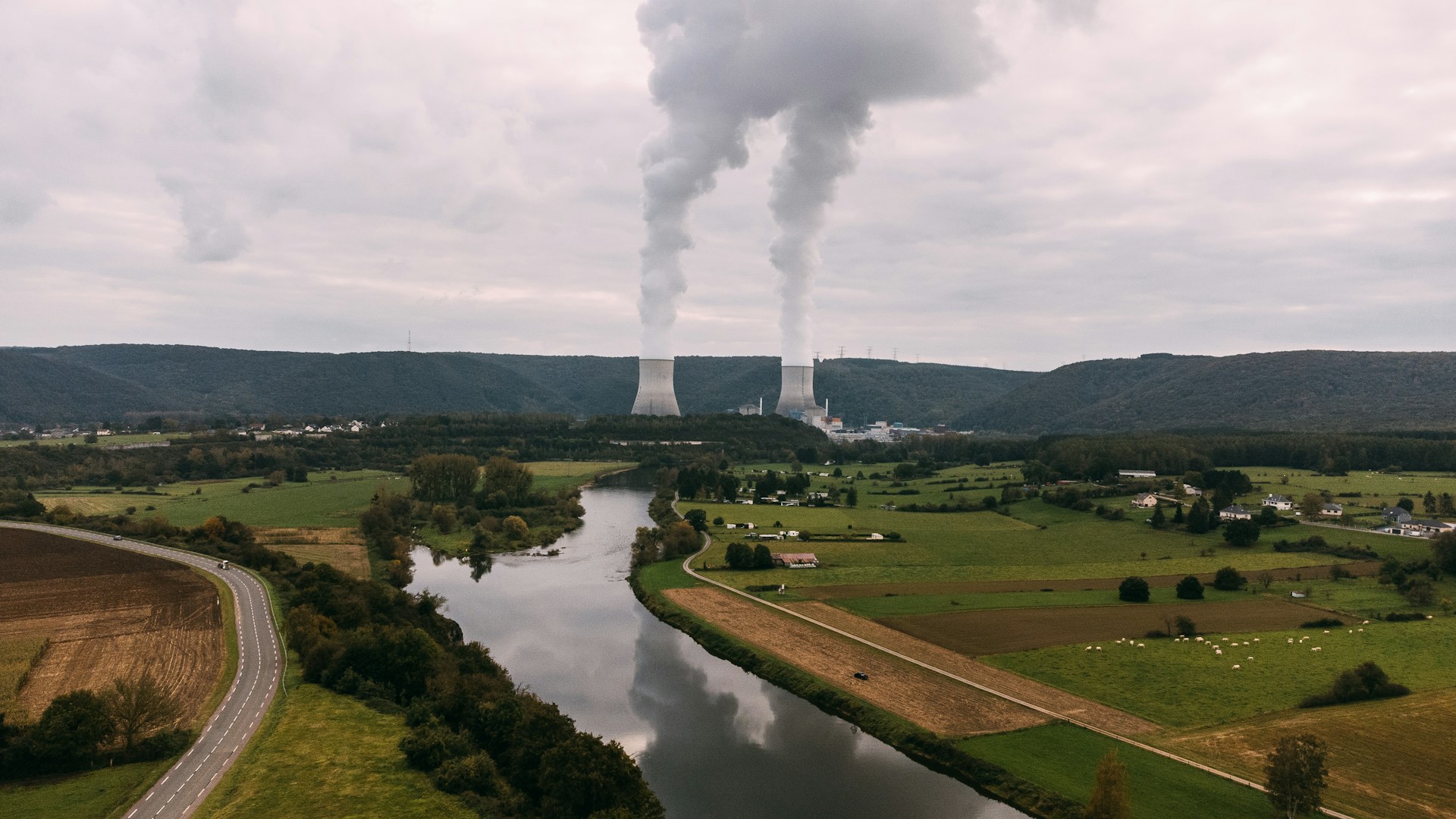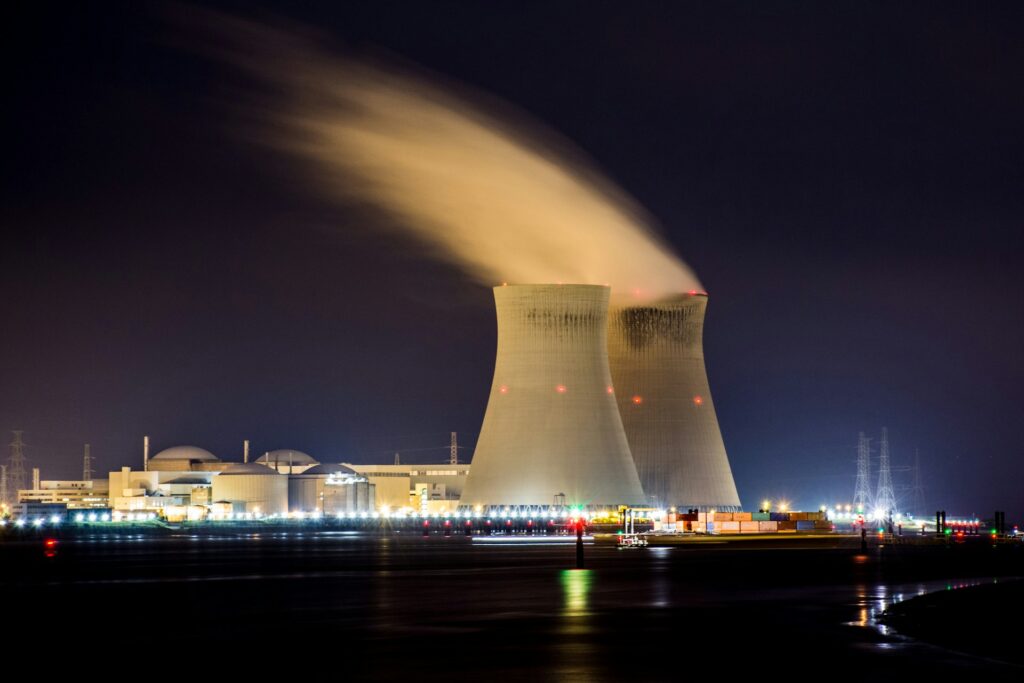Small is beautiful, it’s what the future of nuclear energy looks like in the UK. It marks the first U.S. venture for Last Energy, a U.S.-based nuclear developer, in the pouring in of four micro-nuclear reactors in South Wales. The PWR 20s are these small reactors that would be used to provide a flexible and reliable power solution for local industry, while also helping the country to decarbonize.
This £300 million project is designed to provide secure, reliable, and cost-predictable electricity to local manufacturers. According to Tom Greatrex, Chief Executive of the Nuclear Industry Association,
“New nuclear is an integral part of a future power system—providing secure, reliable, and always available electricity to consumers. Increasingly, industries are looking to nuclear to provide that reliable and price-predictable heat and power as they seek to decarbonise”
The modular nature of the micro-reactors; capable of fast assembly and transport, is a major shift from the norm for nuclear projects, with a notoriously long lead time. Lessons can be learned from Last Energy, which focuses on smaller, privately funded units, skipping the million-dollar, public investment process and moving faster to lower the cost of energy production. The power it will supply will go directly to industrial customers, like manufacturers, reducing their dependence on fossil fuels and helping them meet net zero targets.
Great British Nuclear (GBN), which oversees the UK’s nuclear strategy, has applauded the project. They emphasised that
“Last Energy’s announcement shows the wide range of opportunities for nuclear energy to power the UK’s growth. These kinds of even smaller reactors can supply heat and power to industries of the future. They are set to drive development and innovation, and significantly reduce industrial carbon emissions”
This development will take place on the site of the former Llynfi coal power station, repurposing old energy infrastructure for modern use. Last Energy’s CEO, Bret Kugelmass, highlighted the importance of innovation in nuclear energy, stating,
“By owning all aspects of plant delivery and dramatically reducing the time and cost of construction, Last Energy is transforming the nuclear power industry to unlock clean, reliable baseload energy for industrial customers throughout Europe”
The four reactors have already struck commercial agreements, and could be up and running by 2027, hinting at a cleaner, more efficient energy future for the region. And Last Energy has plans to rollout around 80 micro-reactors across Europe, with just the Prosiect Egni Glan Llynfi the beginning.
A case study of this project reflects a larger trend in the nuclear industry, where smaller, quicker to deploy reactors could be a key part of decarbonizing energy intensive sectors in Europe. Thanks to its scalability, cost effectiveness and rapid deployment capabilities, PWR-20 design is highly desirable and a key component of future industrial power grids.

Hassan graduated with a Master’s degree in Chemical Engineering from the University of Chester (UK). He currently works as a design engineering consultant for one of the largest engineering firms in the world along with being an associate member of the Institute of Chemical Engineers (IChemE).



